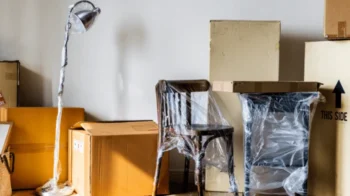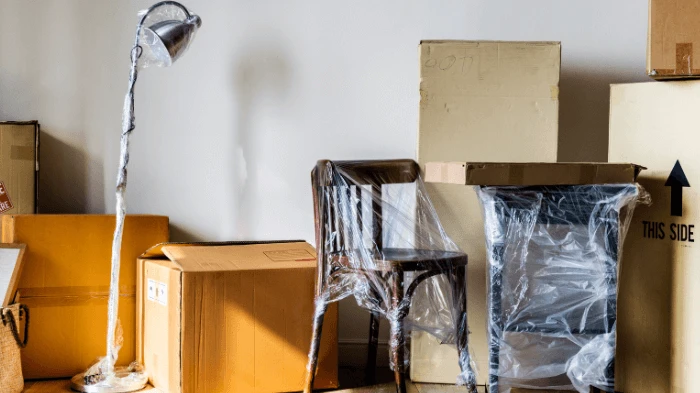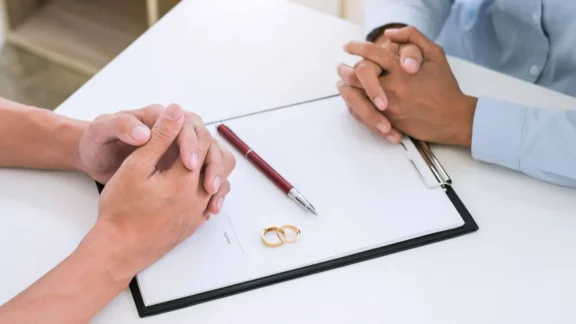In general, household items and belongings should never be sold, removed or discarded before a divorce settlement is reached without the explicit consent of the other party. During a divorce or separation, household items and personal belongings acquired during the marriage may be considered part of the matrimonial ‘pot’ and should be divided fairly between and with the agreement of both parties.
A sensible and pragmatic approach is always needed because many household items and smaller possessions have low commercial value that would be insignificant to the matrimonial pot. While household items and personal belongings can be included in a Consent Order (i.e. the divorce financial settlement), it is important to consider the value of those items and whether it is worth including them. This is because UK family court judges tend to avoid involvement in disputes regarding the ownership of household items and personal belongings unless they are of high commercial value. In addition, the cost of taking legal action in the event of a dispute regarding household items is likely to exceed the value of the items in many cases.
Ownership of personal belongings and household items
Personal belonging and household items refer to a wide range of items, including:
- Appliances (e.g., refrigerator, washing machine, etc.)
- Jewellery and high-value artwork
- Digital media (such as downloaded movies), books, and CD collections
- Electronic devices (including computers, televisions, gaming consoles, audio systems)
- Household items (e.g., kitchenware and utensils)
- Fixtures and fittings
- Pets and vehicles (classified as chattels, though not traditional household items)
It is normally a matter for the divorcing parties to decide who owns which item of personal or household belongings. It is not always easy to know who owns an item, especially if it was bought by one party during the marriage but used for the benefit of both parties.
Gifts received by one party (e.g. as a birthday present) are normally owned by that person. Joint gifts may need to be divided, or an agreement may be reached on who should keep them. Likewise, items owned by one party before the marriage can be kept by them, and items purchased together during the marriage will need to be split.
Keeping or removing items from the marital home in the UK
In the UK, your spouse should not throw out your belongings following divorce or separation. If they are your own possessions or you have a joint right to them, they cannot make a decision to keep or remove them without your agreement.
If you are in a position where you now live in the family home and want to remove any property owned by your ex-partner, it is important that you follow the correct process. There is no set timeframe for how long you have to keep your ex-partner’s belongings in the UK. What matters is that you have told them of your intentions in writing (e.g. in the form of a formal notice), and they have been given enough time to make the necessary arrangements to take their possessions from the property (e.g. one month). Where possible, try to reach an agreement on their possessions between yourselves.
Getting belongings back from an ex legally in the UK
Following divorce, if you need to get belongings back from your ex-partner, the best approach is to try to speak to them directly to reach an agreement on their return to you. If they are not willing to cooperate, it is advisable to send them a letter to formally request that the items be returned within a certain amount of time and that they do not have your permission to sell or dispose of your possessions.
If they still do not cooperate, speak to a family law solicitor who can advise them on how best to resolve the dispute. It is important to consider whether the value of the belongings makes it worth getting legal advice and taking legal action. Your solicitor may recommend mediation, sending a legal letter, or applying for an injunction preventing them from disposing of your personal items. If your ex-partner breaches this court order, they would be breaking the law, resulting in serious penalties, which would be viewed as theft in the eyes of the law.
If you and your ex-partner were not married, you may less rights to the item of property that you want back than if you were married. This is because if you are not married, in the event of divorce, you have no legal rights to their assets.





